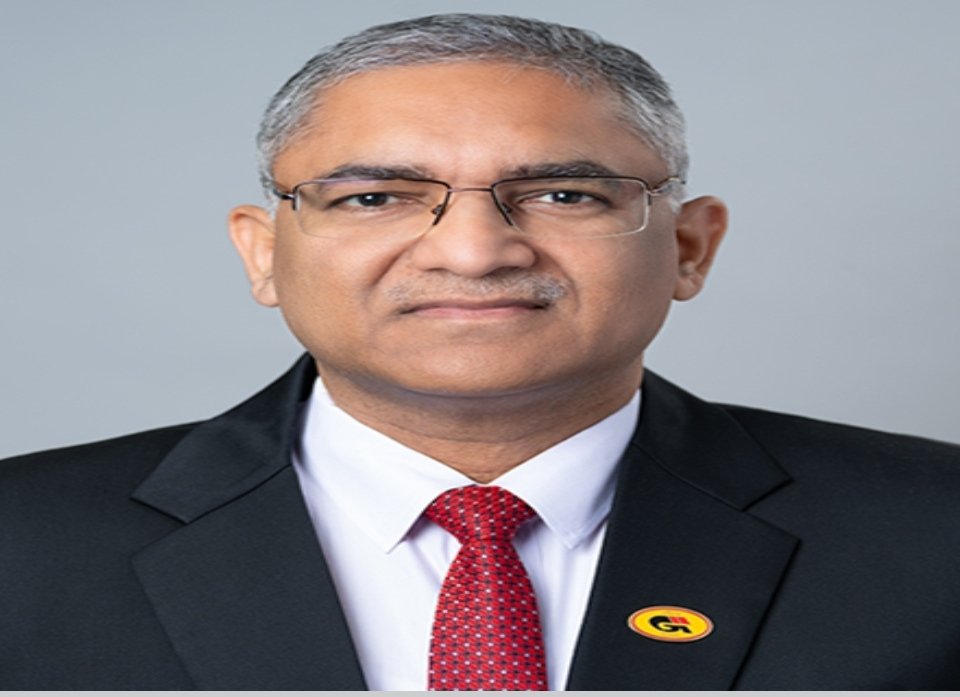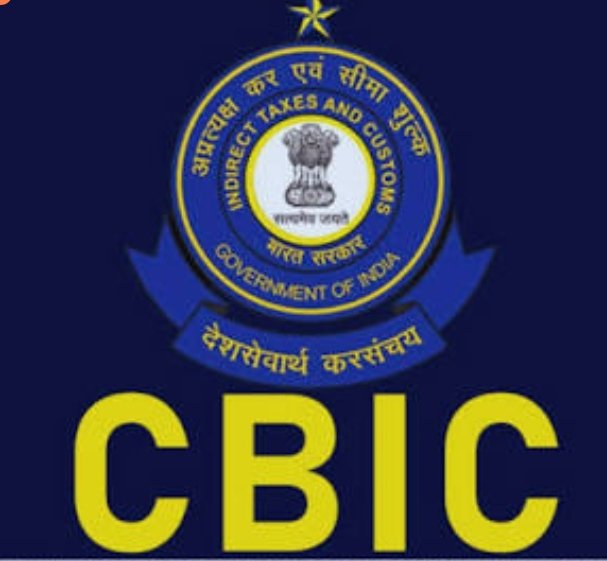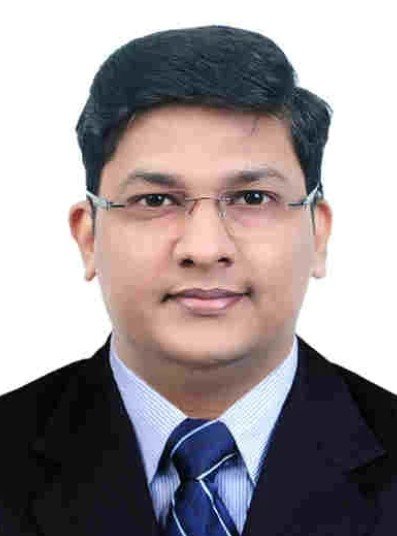Vice President Addresses 60th anniversary of The Foreign Correspondents’ Club of South Asia
Truth and objectivity becomes casualties if media covers news from a subjective perspective; Addresses 60th anniversary of The Foreign Correspondents’ Club of South Asia
The Vice President of India, Shri M. Venkaiah Naidu has advised the Foreign Correspondents to not to depend on what appears in our hyper critical English media and form opinions. He was addressing the gathering at the 60th anniversary of The Foreign Correspondents’ Club of South Asia, here today.
The Vice President said that Foreign Correspondents must be well acquainted with that particular country’s culture, history, ethos, traditions and the ways of living of its people, before covering developments or any events in a country. He further said that the entire country cannot be described as intolerant on the basis of some stray incidents of communal violence. If a handful of religious fundamentalists indulge in violence, the entire country cannot be described as intolerant and that majoritarianism is being imposed, he added.
The Vice President said that understanding a flourishing and vibrant parliamentary democracy like India, with free press and complete religious freedom to its people is a bit challenging for outsiders. He has asked external media agencies working in India to understand India by travelling in the region and meeting people. One should not depend on what appears in our hyper critical English media and form opinions, he added.
Following is the text of Vice President’s address:
“I am extremely delighted to be with you on the occasion of the 60th anniversary of The Foreign Correspondents’ Club of South Asia.
I am told that this organization was established in 1958 by a handful of foreign correspondents based in India. Today, it has grown into an active and vibrant club of more than 700 foreign and Indian journalists covering South Asia. The fact that the membership has grown from a handful to 700 underscores the important role India is playing in South Asia and in world affairs.
As you all are aware, ours is one of the oldest multi-cultural, multi-religious, multi-linguistic societies with a rich tradition of accepting and assimilating every culture and custom. Today, India is a melting pot of different cultures, religions and languages with people from diverse backgrounds co-existing peacefully.
As foreign correspondents, each of you has an onerous task on your hands. Firstly, before covering developments or any events in a country, you must be well acquainted with that particular country’s culture, history, ethos, traditions and the ways of living of its people. You might face quite a few culture shocks during your stint as you process events and experiences around you.
Truth and objectivity will become casualties if you cover any happening or development from a purely subjective perspective rather than looking at it from a broader cultural, historical, social and economic context in which it is taking place. I am not in any manner suggesting that as seasoned professionals you are not aware of this basic journalistic tenet. But many a time for a variety of reasons, including paucity of time, all the elements that fully connect a story might be missing.
Contextualization becomes all the more important when a journalist from a developed nation is reporting on the affairs of a developing country. Your ‘text’ will be richer if you can get the ‘context’ right.
For instance, the stride made by India’s space programme is something spectacular, given the constraints of resources and technology when compared to a developed nation. India sent a rover to Mars at almost one-ninth the cost of a similar mission of an advanced nation. Though it received coverage abroad, a reputed foreign daily published a cartoon lampooning the success. It had to apologize after readers expressed their outrage at the cartoon.
Another aspect that is of relevance to all and needs a wider debate is about the variation in the reportage on terrorist violence. A terrorist is a terrorist irrespective of whether he kills innocents in Kashmir or Kentucky. But surprisingly some media organizations describe those indulging in terrorism in Kashmir as separatists or militants, while any similar incident in the West is immediately dubbed as a terror attack and the perpetrators as terrorists.
Generally, the charge of people from many developing countries, including India is that the foreign media projects only the negative news and deliberately ignores anything positive. I have already cited the example of Indian space programme. Well you might say good news is no news, but it cannot be bad news all the time either. As you are well aware, it is always better to avoid the pitfalls of stereotyping and magnifying only the negative realities.
Of course everyone carries his own baggage of perceptions and views. “What we see and report can never be fully objective but it is always good to be mindful of our limitations. One will gain credibility if distortions are avoided and different voices are captured in a balanced manner.
In a vast country like India, some stray incidents of communal violence might occur. At best, those are aberrations. If a handful of religious fundamentalists indulge in violence, the entire country cannot be described as intolerant and that majoritarianism is being imposed. Nothing is farther from the truth. India is a flourishing and vibrant parliamentary democracy with a free press and complete religious freedom to its people.
Today, India is on the move. India has been the world’s fastest growing large economy for several years now. We hope to maintain and improve on our growth rate in coming years to improve the quality of life for our 1.35 billion people and eradicate poverty. It is, no doubt, a challenging task in a country like India, where people speak 122 languages and 1,599 dialects, and where every fifth person is illiterate.
What is fascinating, however, is that while newspapers are shutting down elsewhere, they are doing quite well in India. We have a vibrant press. There are over 1,14,000 publications in India today, and their circulation is a staggering 488 million!
And the world’s largest circulated English language newspaper happens to be an Indian daily. With literacy increasing year after year, more and more new newspapers are being published. Last year alone, 4,000 new publications were born.
Over a billion Indians now have mobile phones. Five hundred million Indians are using the internet. There are 1,600 satellite channels; more than 400 of them are news channels. And India makes some 1,500 films every year in 30 languages. Indian films are becoming increasingly popular abroad, not just in countries where South Asian diaspora is substantial, but even in countries like China. Films like Dangal and Bahubali have made more money in China than in India itself!
FCC members represent the world’s leading newspapers, news agencies, magazines, radio and television networks. Based in New Delhi, you travel all over India and South Asia and report to the world what is happening in this part of the globe. And it is on the basis of what you write and broadcast that millions of your readers, listeners and viewers form their opinions about India and its neighborhood. In other words, you are the world’s eyes and ears, and the world depends on you to know what is happening in South Asia.
So, I am sure you must be finding it a bit of a challenge to understand a vast country like India and explain it to your readers, listeners and viewers across the globe. Quite a few of you make an effort to understand India and South Asia by travelling in the region and meeting people, while many of you tend to depend on what appears in our hyper critical English media and form opinions.
In this digital era when one can get to know what is happening around the globe with a click of the mouse, it is all the more important for foreign correspondents to provide nuanced, balanced and objective coverage.
I would urge you, and encourage you to go around our region, meet people, see things for yourselves and present a true picture of India and South Asia to the world.
Ancient Indian writer, Mammata had explained the purpose underlying his writings. He had said that he writes to earn fame, make a living but more importantly to reduce the negative trends in society that impede progress. May be this can serve as an inspiration to all of us who are in the business of using the media to change the world. Let us try to mirror the world to change it for better.
We are proud that several hundred leading media organisations have set up their regional headquarters here in India. Whatever is published or broadcast about India and South Asia globally will have been put out by one of you!
Last October, the BBC launched its services in four more Indian languages. Today, the BBC broadcasts in eight Indian languages, and its bureau in New Delhi is the biggest outside its home country, the UK.
I am also happy to know that your club has been hosting press conferences with dignitaries from India and abroad, conducting discussions on latest books, and arranging cultural events to promote a better understanding of India and our neighbors.
On this happy occasion of the FCC’s 60th anniversary, my greetings to you all.
Jai Hind!”




